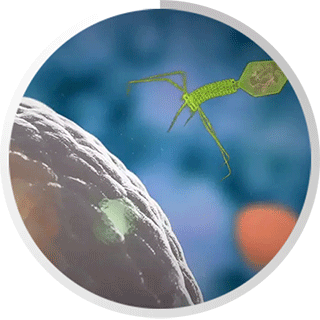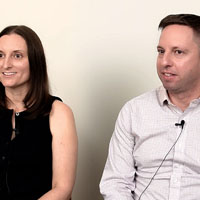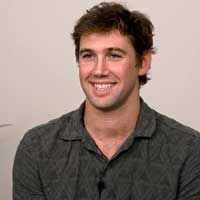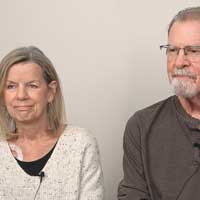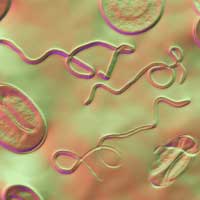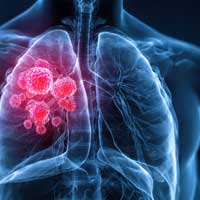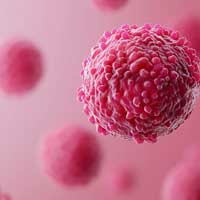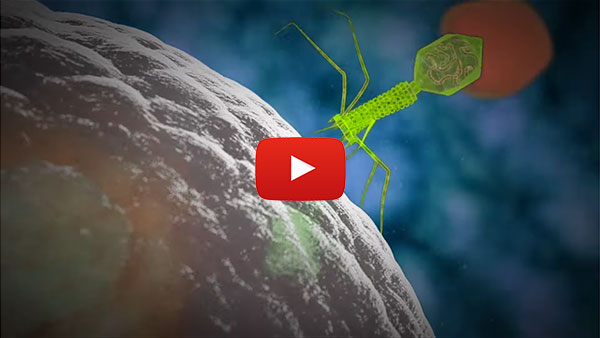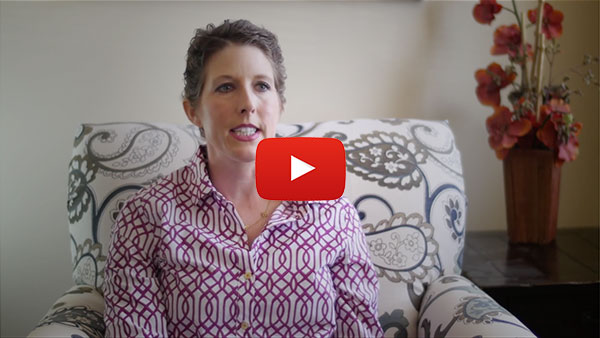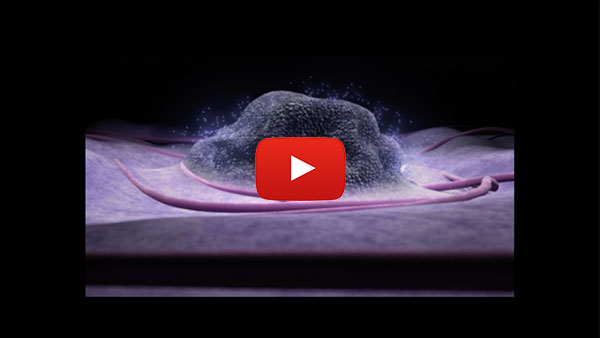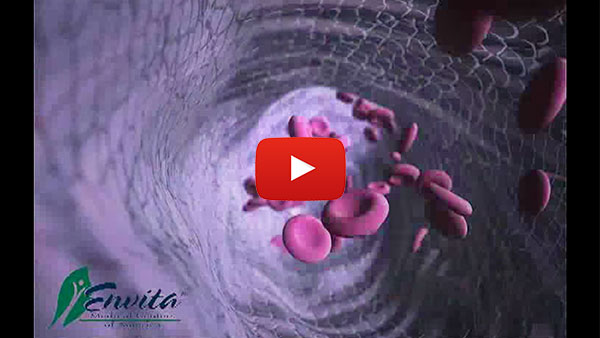Stage 4 Cancer Approaches That Really Matter
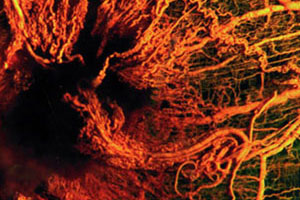
A healthreport.gov article on cancer in the United States claims, "Nearly one out of two Americans born today will be diagnosed with cancer at some point in their lifetime." According to the American Cancer Society, "About 1,596,670 new cancer cases are expected to be diagnosed in 2011 – about 571,950 Americans are expected to die of cancer, more than 1,500 people a day – and, cancer is the second most common cause of death in the US, exceeded only by heart disease. In the US, cancer alone accounts for nearly 1 of every 4 deaths."
If that isn't an indictment on learning more about cancer treatments, including advanced and stage 4 cancers, nothing is.
A 3D Rendering of the Angiogenesis Process
Clinical Data Points us in a Better Direction
In terms of education, it might be helpful to learn the importance of one novel and powerful treatment strategy for approaching stage 4 cancer involving angiogenesis. Anti-angiogenic therapy is based upon starving stage 4 cancers from nutrients in an effort to block growth and spread. Over 90 percent of cancer-related deaths are because their cancer metastasizes (spreading from original site), the beginning of stage 4 cancer. Tumor angiogenesis, the process by which tumors attract blood vessels to nourish and sustain themselves can be altered through some innovative methods. With basic biochemistry, newly researched treatment options, and modern integrative medicines, both metastasis and angiogenesis can be helped and improved upon.
The cancer treatments and methods offered by Envita are extremely integrative and unique compared to those seen in more standard clinics or even other alternative medical Center. Simply put, a patient needs an anti-angiogenic approach and at the same time attack and destroy the tumors with a steady, sustained approach. The mainstream model for cancer treatment may acknowledge angiogenesis and treat it through chemotherapy. However, their treatment methods are neither comprehensive, nor are they continuous – and seldom do they work synergistically with the body. In our opinion, the primary reason that so many cases fail under conventional treatment.
Judah Folkman originated the field of angiogenesis research. He first determined that a tumor placed in a lab container had a limited potential for growth. He established that the micro vascular network for the cancer was being disrupted. In the beginning, between 1964 to 1989,Folkman's research findings were ignored by many in the field because even though they agreed that there was evidence of new vessels forming, they assumed that the smaller, weaker cell networks were a side effect of dying tumor cells. He later proved the new vessels were being created by the cancer cells to nourish themselves.
Dr. Folkman was ridiculed by many in the field. Cancer treatment, in particular, begs for improvement throughout the industry and doctors should be open and even excited by innovation. Unfortunately, a common pattern of contempt continues to be harbored for innovators and pioneers in the field.
In another example, Don Ingber was studying endothelial cells when one of his test samples became contaminated with a fungus that caused the cells to stop growing. After extensive research, it was proven that angiogenesis can be inhibited. Today anti-angiogenic drugs are a multibillion-dollar pharmaceutical industry and doctors like Folkan should be commended for their efforts, not condemned by their peers.
Anti-angiogenic drugs such as sorafenib (Nexavar®), sunitinib (Sutent®), pazopanib (Votrient®), and everolimus (Afinitor®) are typically prescribed in late-stage cancers in order to slow growth. However, a simple agent like oxygen (non-patentable) is an oft overlooked, dominant anti-angiogenic agent. In fact, oxygen metabolism errors are involved in the cause and development of many cancers. These strategies culminate with more than a decade of combining conventional and advanced natural approaches to treat cancer. Understanding the role of oxygen and its use is correctly is vital for success, especially stage 4 cancer.
Cancer Cells Depend on Allocated Blood Supply to Spread
To stop growth of tumors, angiogenesis should be blocked. Tumors require a constant supply of supplements from blood in order to spread. Without these nutrients, tumors are limited in growth to 2mm in size. Through a process called angiogenesis, the tumor is actually able to create new blood vessels to form an independent food source, a process that has proven to be an integral part of tumor development and growth.
Envita combines specifically designed cancer therapies to cut off nutrients to the tumors and kill cancer cells. In addition, VEGF levels are monitored as well as other markers, in order to help patients attain long term remission and improve quality of life. Stage 4 cancer requires constant testing, tracking, and higher level of care then is being offered in conventional approaches. For this reason, there are far too many failures.
In stage 4 cancer, it is the lack of oxygen that feeds the growth and spread! Research shows that the process of angiogenesis is motivated largely by the introduction of the protein VEGF (vascular endothelial growth factor). The tumor releases VEGF for varied factors – one of which is often overlooked but incredibly important, the lack of oxygen, or hypoxia. This process is brought into being by the transcriptional factor HIF-1 (hypoxia inducible factor 1).
Because a growing tumor continually develops past the existing blood supply, there is always a need for hypoxic tissue on the tumor, to promote the release of VEGF. It is the lack of oxygen that drives the process of angiogenesis. Perhaps by using only one chemotherapy treatment to block VEGF, more focus could be given to correcting the tumor's oxygen metabolism.
Without VEGF, the tumors can't grow and they can't spread. Envita employs techniques to increase the body's ability to carry oxygen, as well as various other direct cancer killing methods at the same time. It is important to understand the role of oxygen as an inhibitor of angiogenesis. Reactive oxygen species potentiate other cancer treatments. It is also this change of anaerobic to aerobic that the tumor doesn't like. Creating an adverse environment for stage 4 cancer cells are critical to gaining, continuing, and aiding possible remission.
There is more good news – precarious blood vessels lead to targeting cancer. After it is released, VEGF has been shown to bind to certain cells, called endothelial cells, of nearby blood vessels. These cells then begin to diverge and enlarge in the direction of the tumor, forming new, albeit weaker blood vessels. These unusual blood vessels also rely on VEGF for their continued survival. In stage 4 cancer it is important to zero in on these inferior vessels simultaneously strengthening the healthy vessels in your body. The goal is to accelerate energy, cardiovascular stamina, and endurance in the patient while killing tumors. Methods are used to target the blood vessels from an external attack by means of combining sophisticated, photodynamic protocols.
The Immune System - Our First and Last Defense Against Stage 4 Cancer
The spreading of cancer is referred to as metastasis. Over 90 percent of cancer-related deaths are because of metastasis, a critical component for stage 4 cancer. Through the process of angiogenesis, cancer cells can also spread into the blood supply and be sent throughout the body to different organ tissues where they begin to grow in those areas as well. Repeatedly, patients assume that they have successfully managed their cancer until they learn about dormant metastasis and why cancer comes back frequently and becomes stage 4 cancer. By failing to correct the body's oxygen metabolism, one may allow angiogenesis to perpetuate and disease to continue – slowly or quickly.
Envita's Comprehensive Smart Oncology uses the foremost of oncology in combination with aggressive natural therapies to help our patients reach better health. For more information and articles on stage 4 cancer treatments, contact or visit us at Envita's website. If you know anyone who has been diagnosed with cancer, please forward this article to them. We welcome you to contact us with questions and invite you to watch our informative videos. You can also visit our PPMR section to learn more about the power of Envita's personalized medicine for cancer and chronic diseases. It is important information that may save lives. We believe education is the best prescription.

